Dave van Wees is a Remote Sensing scientist at BeZero Carbon, a global carbon ratings agency (2023 - now). Previously, he worked as post-doctoral research scholar (2022-2023) and PhD researcher (2016-2022) at VU-University in Amsterdam, the Netherlands. During his PhD, he developed an approach to estimate global forest losses from fire (van Wees et al., 2021) and a novel 500-m resolution global fire emissions product (van Wees and van der Werf, 2019; van Wees et al., 2022), resulting in improved attribution of carbon losses from fire.
In a recent shared first author publication in Nature, he challenges current assumptions about the trend in the CO2 airborne fraction, a critical parameter for predicting future climate (van Marle, M.J., van Wees, et al., 2022).
References
Van Wees, D. and Van Der Werf, G.R. (2019). Modelling biomass burning emissions and the effect of spatial resolution: a case study for Africa based on the Global Fire Emissions Database (GFED). Geoscientific Model Development, 12, 4681-4703.
van Wees, D., van Der Werf, G.R., Randerson, J.T., Andela, N., Chen, Y. and Morton, D.C., 2021. The role of fire in global forest loss dynamics. Global Change Biology, 27(11), pp.2377-2391.
van Wees, D., van der Werf, G.R., Randerson, J.T., Rogers, B.M., Chen, Y., Veraverbeke, S., Giglio, L. and Morton, D.C. (2022). Global biomass burning fuel consumption and emissions at 500 m spatial resolution based on the Global Fire Emissions Database (GFED). Geoscientific Model Development, 15, 8411-8437.
van Marle, M.J., van Wees, D., Houghton, R.A., Field, R.D., Verbesselt, J. and van der Werf, G.R., 2022. New land-use-change emissions indicate a declining CO2 airborne fraction. Nature, 603(7901), pp.450-454.

